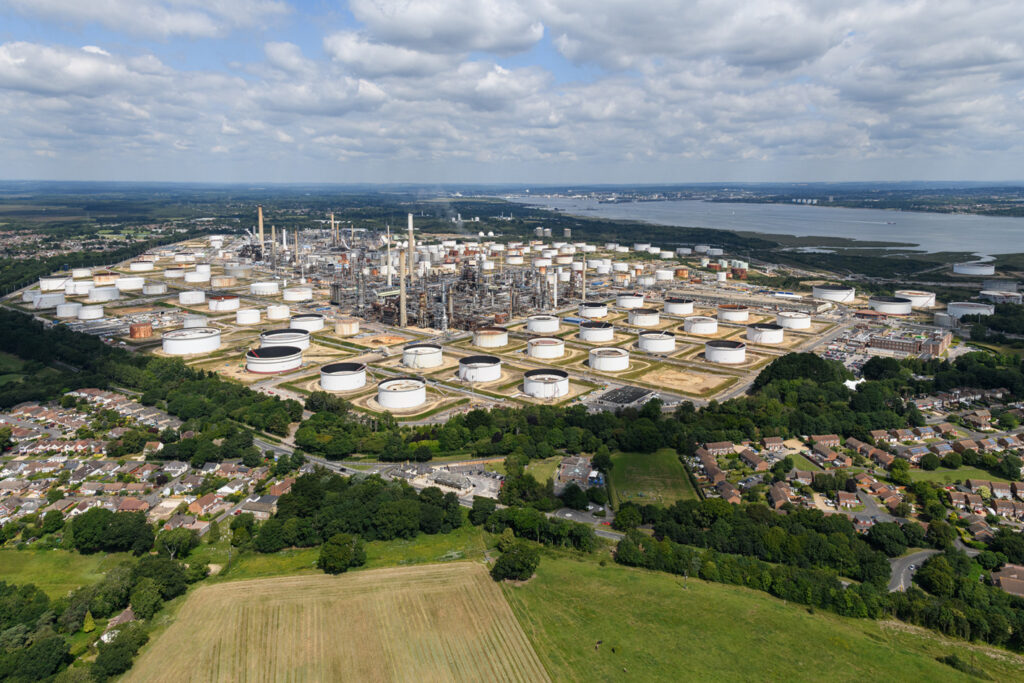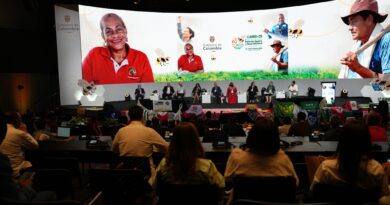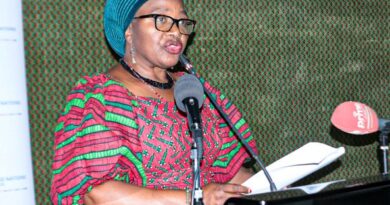Emirates Takes a Lead in Low Carbon Investments by Joining UK Initiative
Emirates has made history by becoming the first international airline to join The Solent Cluster, a UK initiative dedicated to low carbon investments aimed at reducing CO2 emissions from industry, transport, and households along the South Coast of England.
The Solent Cluster comprises a cross-sector collaboration involving international organizations, manufacturers, engineering companies, regional businesses, academic institutions, and key infrastructure operators.
With over 100 members, including founding entities like the Solent Partners, global energy provider ExxonMobil, and the University of Southampton, Emirates joins a collective vision for the Solent that seeks to secure existing jobs and produce low-carbon fuels for various sectors, including aviation.
A notable potential outcome of The Solent Cluster is the establishment of a Sustainable Aviation Fuel (SAF) plant with a projected fuel production capacity of 200,000 tonnes per year. If approved, the plant could commence operations in 2032.
The SAF produced by the plant could significantly reduce emissions, avoiding approximately 563 kilotons of CO2 per year, as it boasts 70% fewer emissions than traditional fossil kerosene. The existing pipeline networks can efficiently supply SAF from the plant to major airports served by Emirates, such as Heathrow and Gatwick.
Emirates’ involvement in The Solent Cluster aligns with its long-term aspiration to secure UK-produced SAF. This commitment adds to several SAF initiatives announced by the airline over the past year, including demonstration flights using 100% Sustainable Aviation Fuel and expanded partnerships for the supply of SAF in key operational hubs.
Sir Tim Clark, President of Emirates Airline, expressed pride in joining The Solent Cluster Initiative, emphasizing its potential for clean energy innovation and production.
He anticipates contributing to efforts alongside fellow members while acknowledging the positive impact on the local economy, the Southeast region, and broader industries.
Dr. Lindsay-Marie Armstrong, Associate Professor of Mechanical Engineering and Academic Cluster Lead for the Solent Industrial Decarbonization Cluster at the University of Southampton, highlighted the monumental step forward for the region in addressing CO2 emissions.
The formation of The Solent Cluster is expected to introduce sustainable fuels, create low-carbon energy sources, and generate new job opportunities, fostering a collective commitment to a low-carbon economic future for the Solent region.



